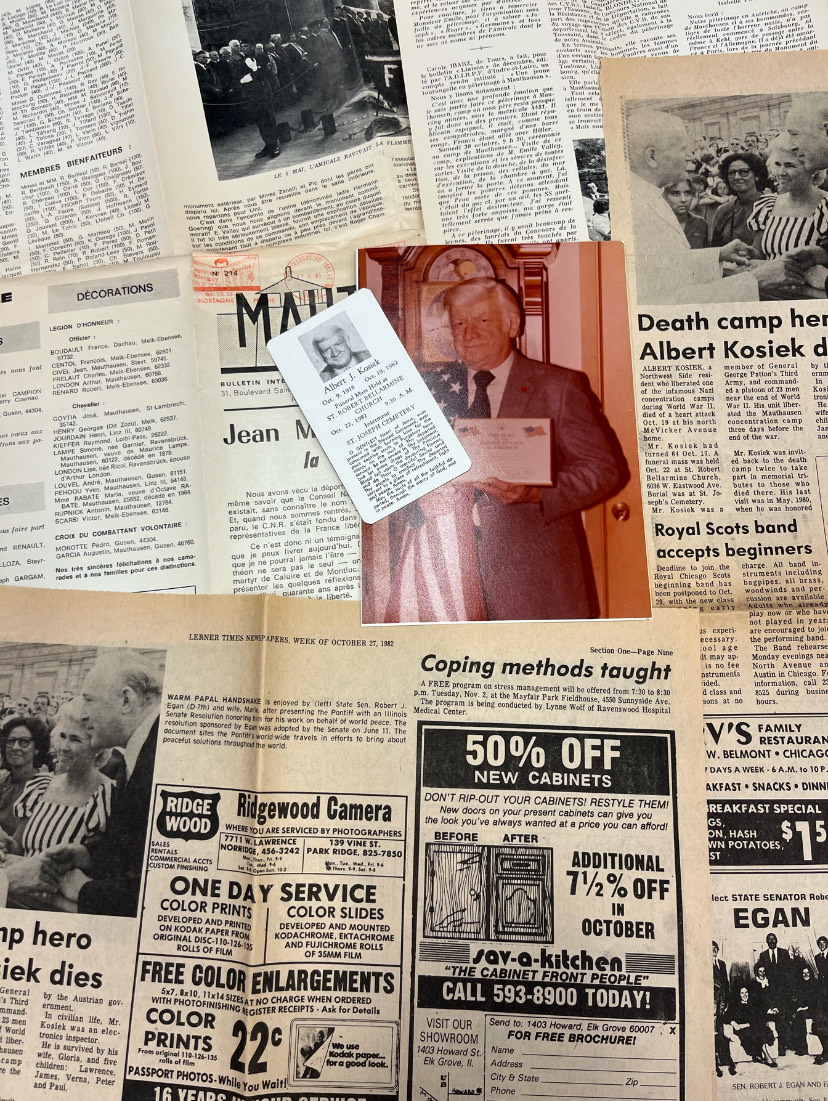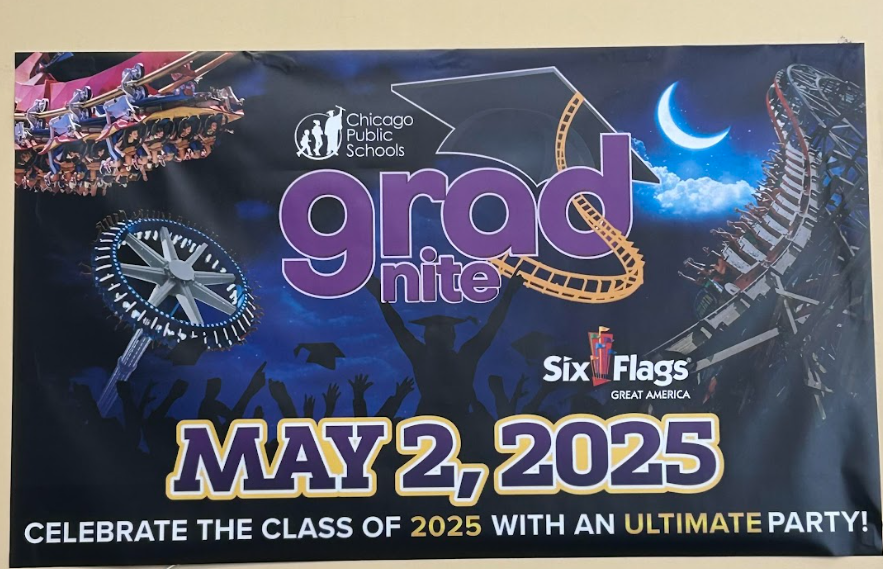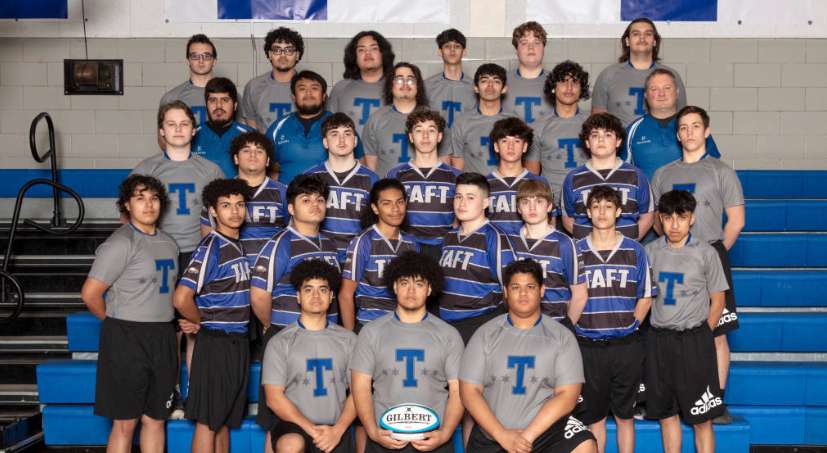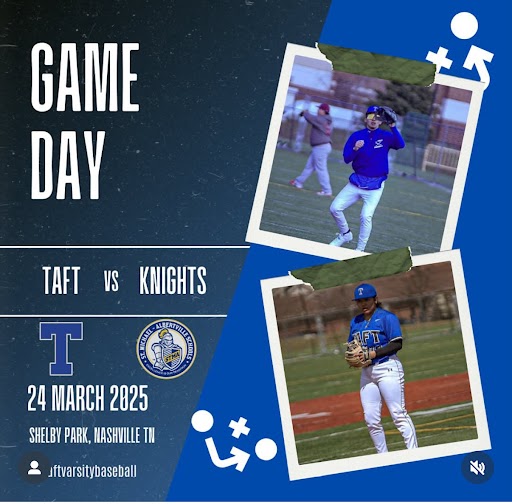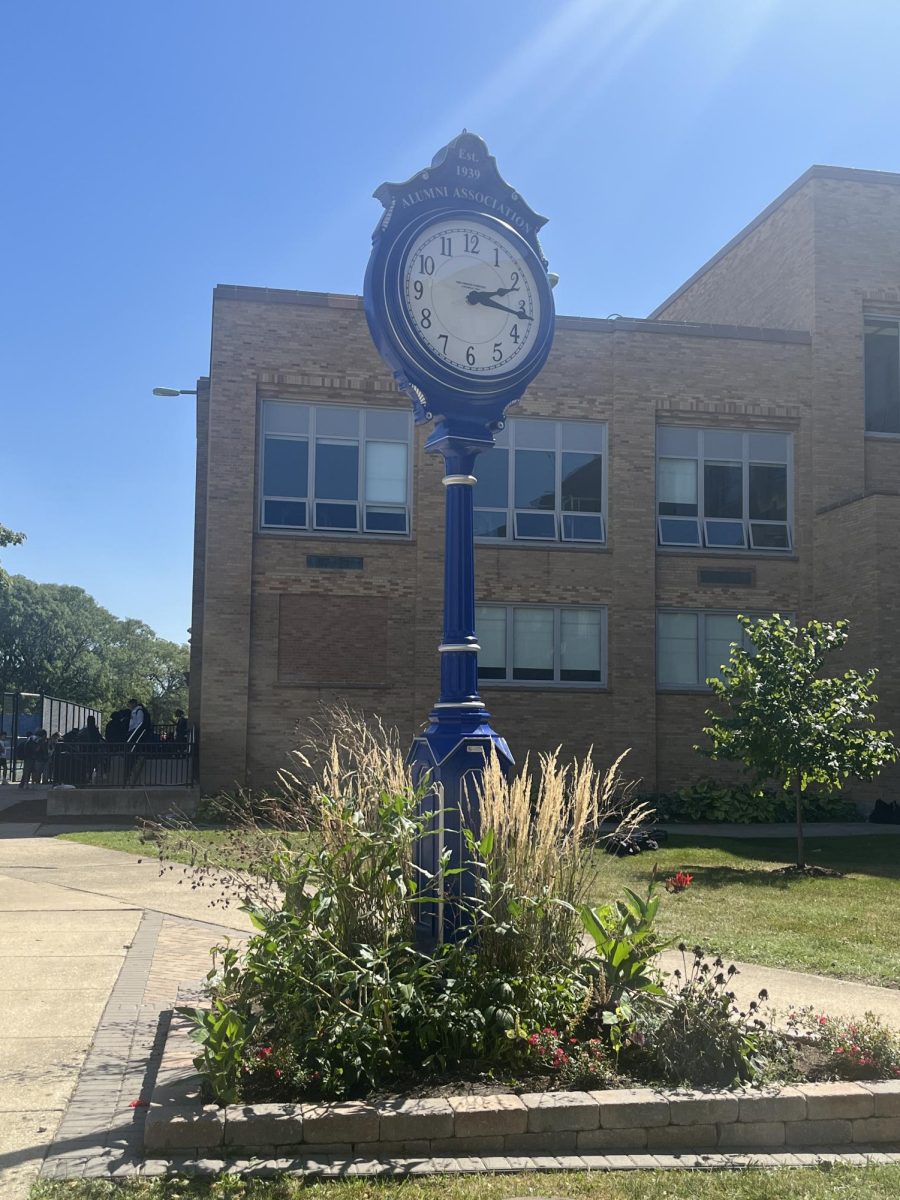Across her six years of teaching, Logan Jones, choir teacher, can honestly say she’s never been more excited for the talent of her choir students.
“I haven’t had a more promising class than this year. I have high hopes for all of them!”
So far, Jones’s pupils eagerly work to prove their teacher right. Across four different periods and extracurricular activities, everybody from sopranos to baritones gives their practice everything. The music department can sigh with relief that its members have such rapt devotion. Their music festival is close enough to cause problems without issues among the student body.
The concert is a far cry from the amateurish talent day performances of elementary schools. The music department has built experience by herding disparate talents into one cohesive celebration. Every season, teachers have to pull together their music classes, and every season they succeed. Parents and faculty alike cheer on the success of singers and instrumentalists on stage with joyful satisfaction. One student, Carlos Flores, offered his feelings for this article.
“We all feel great at the end of the concert. Its nerve-wracking in the leadup, but afterwards? We can only look back and smile.”
As with every extravaganza, the result is merely half the equation. The organization is just as laborious as performance day, as groups from drummers to guitarists square practice cohesion with each other. Arguably just as complicated as coordination is in ensuring discipline – Taft students can be rowdy and resistant to formal wear. Jones certainly had her first concert complications.
“The first concert, two years into teaching, was a nightmare! Making students do everything they were supposed to was painful, but it worked out in the end!”
The children aren’t the only issue for concert organization. Encouraging as they may be, our bureaucracy occasionally finds itself at odds when juggling the concert with other school events. Often, concert dates will be shunted weeks or months ahead of time. Even Taftstock, the final musical performance of the year, isn’t immune to this unfortunate interference.
However, choir teachers like Jones can and have taken these complications on the chin with stoicism.
“Rearrangements might be a pain at the moment – administration is on our side, even if it doesn’t seem like it. Mr. Grishaber is wonderful in his support.”
Others can be less graceful in their criticisms, namely students. Although it comes from good intentions, these opinions carry less tact than those of educators. Embodying this sentiment is Darshan Constant, student of Mr. Platakis.
“Non-choir officials muck things up when they stick their face in. Our concerts have specific arrangements that administrators rarely understand. Ms. Jones and Mr. Platakis are saints for their patience.”
Above everything else, when everything clicks in concert arrangements, it clicks. The students are allowed to shine with bravado and talent, exalting with achievement. The teachers can show off the fruits of their labors. The music reverberates throughout Taft’s theater – the audience can forget everything else in the event’s atmosphere.

